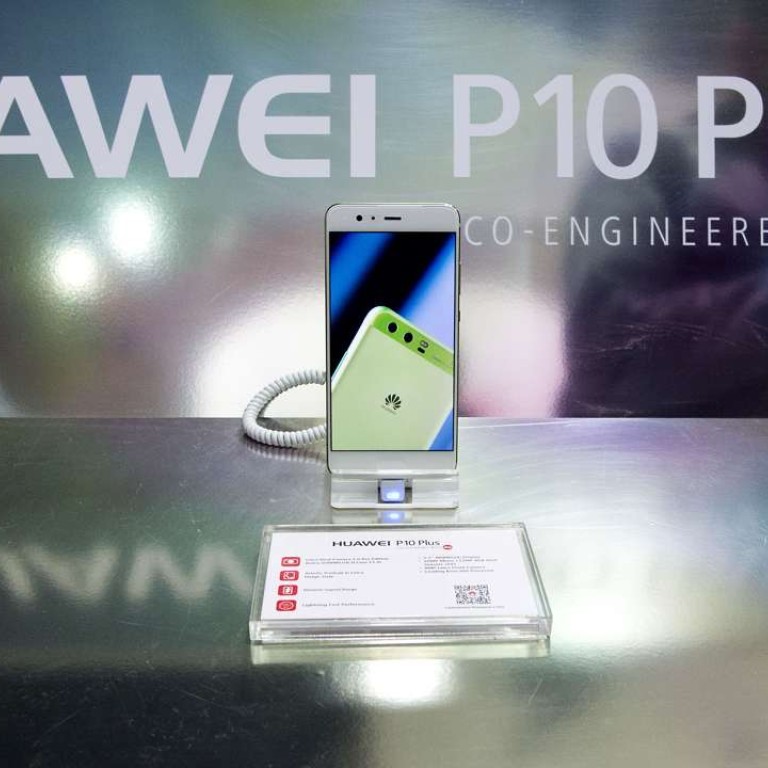
Huawei must pay global license to avoid UK sales injunction, court rules
The court only allows the patent holder to charge Huawei 0.05 per cent of sales revenue, instead of the 1.6 per cent to 2.3 per cent asked for.
Huawei Technology must pay license fees for a handset patent on a global basis, instead of only for an area in dispute, if it were to avoid a sales injunction of smartphones in the UK market, according to a court ruling delivered on Wednesday.
The High Court of England & Wales has ruled that Huawei must pay Unwired Planet, an American patent owner, the global licensing fees for a key network technology used in its 4G handsets, dismissing claims from the Chinese company that it only needs to pay royalty in the UK.
It can grant an injunction on sales of Huawei phones in the country in case the Chinese company failed to comply, said the court.
Huawei, nevertheless, said it welcomed the ruling as Unwired Planet’s royalty rate demands have been found to be unreasonable by the Court.
The court only allows Unwired Planet to charge royalties at some 0.05 per cent of Huawei’s 4G equipment and smartphones revenues, which is substantially lower than the charges demanded by the plaintiff of between 1.6 per cent and 2.3 per cent of revenue.
“Huawei is still evaluating the decision as well as its possible next steps. Huawei does not believe that this decision will adversely affect its global business operations,” according to an email statement sent to the South China Morning Post on Friday.
Unwired Planet first filed the lawsuit against Google, Samsung and Huawei back in 2014 for infringement of six of its UK patents. As five of the patents in disputes were regarded as standard-essential patents, the patent owners are required to license them and charge fees on “fair, reasonable, and non-discriminatory”, or the FRAND, terms.
Huawei had argued that Unwired Planet failed to fulfil the FRAND obligations as the latter tried to seek a global license instead of a local UK license for products being sold in the country.
However, the UK court upholds that “a worldwide license is FRAND and Unwired Planet is entitled to insist on it. In this case a UK-only license would not be FRAND.”
“Were it not for the fact that Huawei did not engage with the terms of the worldwide draft, I would have been able to hand down this judgement with the worldwide terms fully settled,” said the judge.
According to Huawei’s annual result released on March 31, revenue from its consumer business group, which primarily comprises terminal products sales, increased by 44 per cent to 179.8 billion yuan (US$26 billion) in 2016.
As the world’s third-largest smartphone brands in terms of shipments last year, Huawei remains a small player in UK, with a market share below 3 per cent.
Chinese smartphone makers have been actively filing patents over the years in a bid to get away from patent wars.
In 2016, Huawei filed 3,692 patents applications, the second most globally after its peer Shenzhen-based ZTE Corporation, the World Intellectual Property Organization (WIPO) said in a report released in March.
Despite its defeat in the UK, Huawei recently had won a patent case against Samsung Electronics in China – the Chinese firm’s first victory against the South Korean counterpart over intellectual property disputes.
A Chinese court in Quanzhou, Fujian province, ordered Samsung’s mainland subsidiaries to pay 80 million yuan to Huawei over a patent infringement claim regarding patents in commercialised user interfaces (UI) on smartphones including widget and icon designs and layouts.
Huawei and Samsung are also suing each other in China and the US regarding other patent disputes, including the core 4G standard patents.

